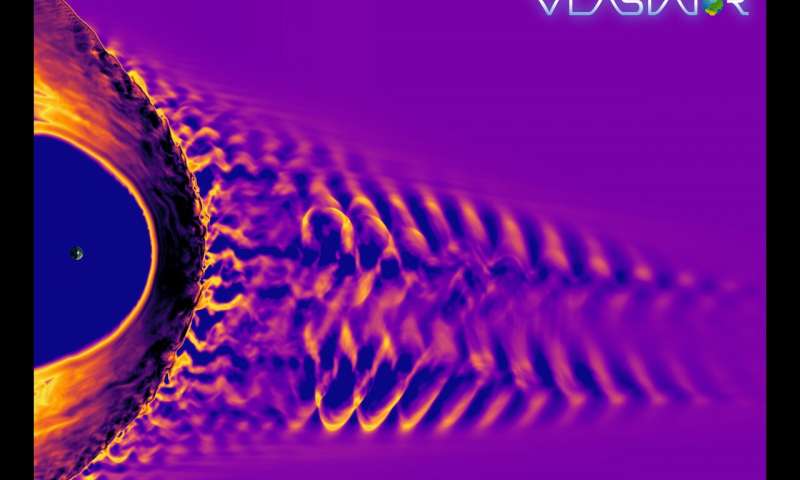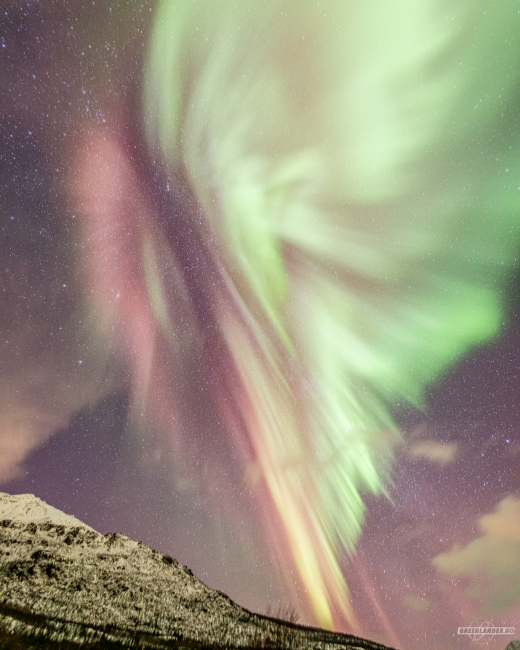At https://phys.org/news/2019-11-earth-magnetic-song-solar-storm.html … ESAs Cluster mission has provided a recording of the song which Earth sings when it is hit by a solar storm. It derives from the waves generated in Earth's magnetic field. The storm itself is the eruption of electrically charged particles from the Sun's atmosphere. The analysis shows that during a collision, the foreshock is driven to release magnetic waves that are much more complete than first thought. The foreshock is inudced to release magnetic waves (see video at the link).

At https://phys.org/news/2019-11-black-hole-symphony-gravitational-astronom… … here we have a black hole symphony – rather than music of the spheres. The phenomenon of black holes, we are told, continues to be one of the most mind boggling enigmas in our universe. I can see where the mind boggles but are black holes all they are cracked up to be, and we may note they are now combining gravitational wave hypothesis with the black hole puzzle. This is the new 'exciting' aspect of cosmology. They say that gravitational waves had led to exciting details about black holes. Cosmologists have gone on to develop theories and projections, we are told, and this post is one of them. Still, we are also told there are limitations in observation technologies which have kept scientists from prasping a more complete picture of black holes etc. Apparently, the new study presents a compelling roadmap for capturing snap shots of intermediate mass black hole activity (otherwise missing from the repertoire of primarily massive black holes). This, they say, can be achieved by enlisting a symphony orchestra of emissions of sounds across an array of frequencies, the gravitational waves emitted by black holes. We need the full wave band of these frequencies in order to hear the entire song. The hope here seems to be that on hearing the full song they will identify what they think comes from sub-massive black holes (and even infant black holes). Inside black holes, they say, all known understanding of our universe breaks down. They go on to say that by harnessing data from gravitational waves they hope to fill in the gaps in their understandingMeanwhile, a solar storm is buffeting the magnetosphere of the Earth right now – see http://spaceweather.com (November 21st 2019) where we have a photograph of butterfuly aurorae.

